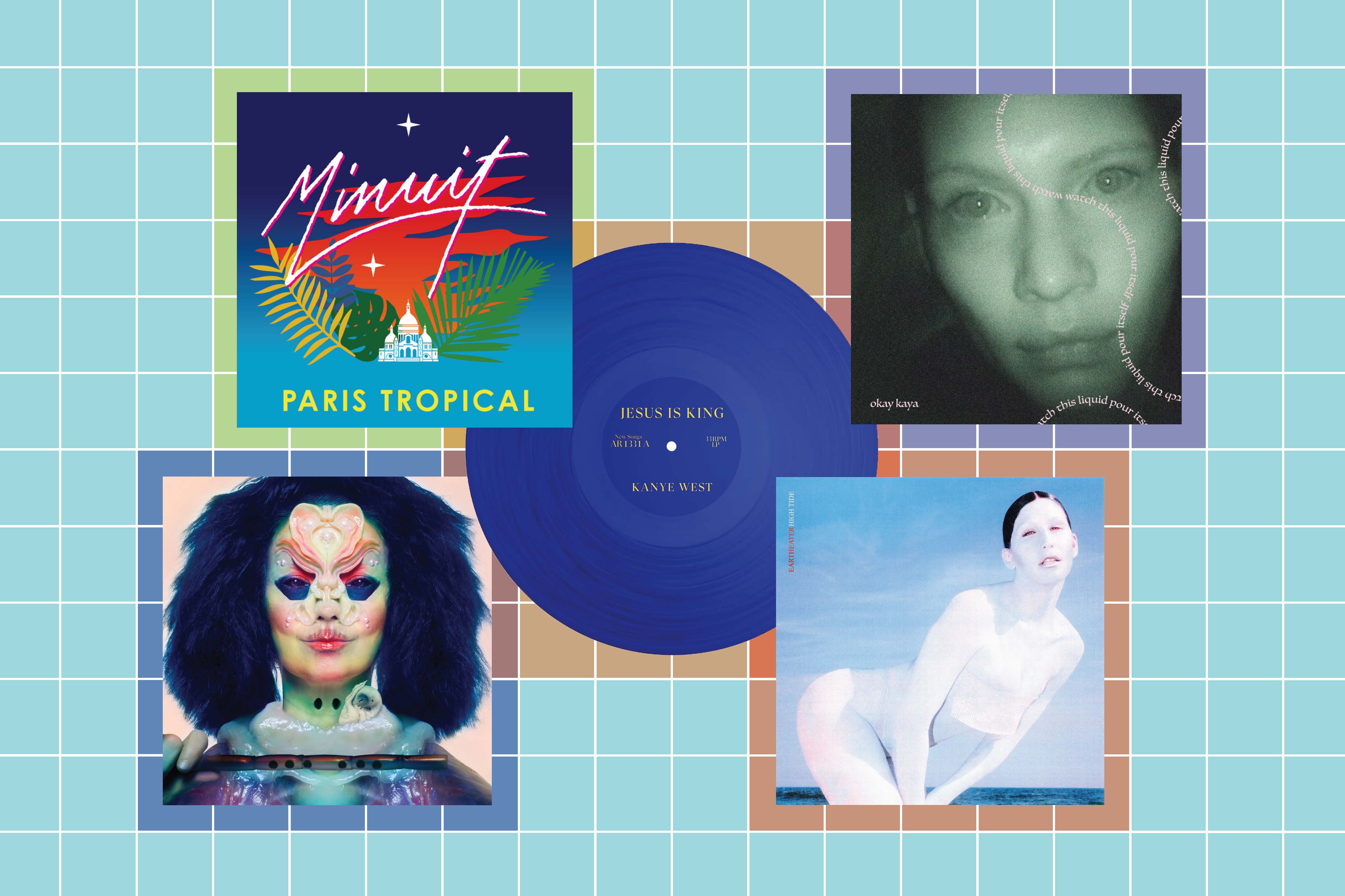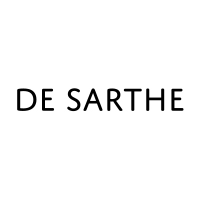
Illustration by KITSON WONG for ArtAsiaPacific.
Extending from a decade of considerations of the Anthropocene in biennials and shows, a plethora of water-themed exhibitions is flooding the art world. Together, these transcorporeal tidal waves signal inter- and intra-connections, interactions, entanglements, and transits between human and other-than-human worlds, nodding to a posthumanist redirection in the way we live our lives.
In viewing bodies of natural water as life forces, rather than as mere geographical places, we move away from the alarming, politically self-serving language of the environmental-activist movement and into an area that allows for the re-enchantment of our relationship with Earth. As glaciers melt into the ocean, as water glistens from the warmth of the summer, and as waves lap up onto beaches and pummel coastlines, we learn that water is resilient but fragile; both cracking through earth and capitulating to the elements, rising up into heavy, velvety condensations that break the sky in half.
Unmoored by land-based static thinking, this playlist dives into the rhythmic ripples and the lucent moisture of this wet matter and its murky poetics, offering intellectual, emotional, and ecological sustenance.
Flames of Dew
When American multi-instrumentalist artist Eartheater says: “I feel a high tide in my eyes / Ready to flood this house / Gush down the hallway / Crashing through the windowpane / Wash the pain away,” we are confronted with a duality of water imaginaries: the vengeful vehicle that bursts through the built environment, and the redemptive bliss that triumphs over fire, burns, and blisters. By drawing parallels between the depths of her pain, liquified and brimming out of her tear ducts, and a raging ocean, she brings us closer to an engagement with water as a feeling, thinking organ, pulsating with the potential of pain and penance, yearning and desire.
Rapturous Submergence
Kanye West’s career trajectory has veered into gospel as of late, breathing delicate new life into hip-hop/rap. In a track that sounds like it would befit a rain dance in earnest urgency, he beseeches water, conceived here as a holy being and bearing healing powers, to descend and “clean us like the rain in spring.”
He continues to chant: “Jesus, flow through us / Jesus, heal the bruises / Jesus, clean the music / Jesus, please help / Jesus, please heal / Jesus, please forgive / Jesus, please reveal,” creating a baptism of beats that washes over and regenerates.
While externalizing the divine, West also turns inward to recognize that humans are bodies of water too: “We are water / Pure as water.” He at once profanes the sacred while eschewing an anthropocentric worldview.
Roleplay Reversal
Norwegian-American musician Okay Kaya heralds the Big Mood of internalizing the imbrication of human and nonhuman natures. “Please give a warm welcome to this current mood,” she opens the disco-beat-driven track. Dreamy, soft, but irony-pilled enough to maintain a metacommentary on the tragicomedy of consciousness in what has been codified as a mass extinction event, the sweet melody is punctuated with affirmations of self-inflicted subjugation: “Here I am, being mother nature’s bitch / Here I am, okay with it.”
By way of Kaya’s absolute submissiveness to nature (“The whole world is my daddy”), we encounter a development in the narrative of human versus nature in which nature prevails, softening the hubristic ambition of civilization’s conquests over the natural world.
French New [Heat]wave
A wave of fresh hell blankets most of western Europe as we speak. In the wake of deadly wildfires swallowing entire ecologies in France, Portugal, Spain, and Greece, this song comes as a tiny water mist, naively dispensing droplets from the ceiling. In steamy “Paris Tropical,” the French band Minuit evokes the delirium accompanying a bad scorcher in a world where water scarcity hits hard.
The beat picks up with visuals evoked in the video and lyrics of sweat pools, rancid summer asphalts, and a thick layer of stagnant air to cut through. Paris here is reimagined as a tropical climate in a comment on long-term shifts in temperatures and weather patterns.
Sea Ontologies
Icelandic singer-songwriter Björk presents an atavistic take in “Body Memory”—not only are we imbricated with nonhuman nature, but she asserts in lyrics so haunting they drip with mist, that we are, in fact, nature. Enmeshed within the crust of the Earth, she pierces through eternity backwards and forwards, to call upon a sacred belonging to the mountains, the oceans, the fog, the moss and the first snow of winter. Activated by the ancestral memory stored in her body, she unleashes a ferality “on this Brooklyn dance floor / Sweating with these rhythms.”







